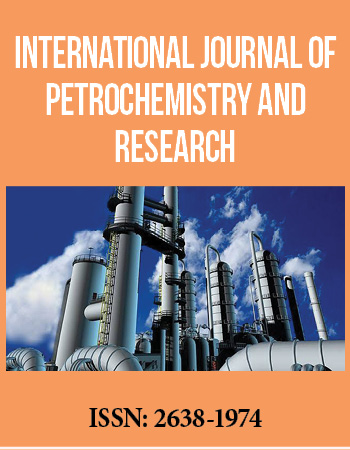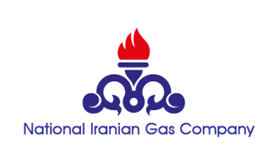International Conference on Oil, Gas and Petrochemistry
April 3-5, 2017 Dubai, UAE
Probabilistic estimation of potential gas reserves for the emerging Nigerian gas market
University of Ibadan, Nigeria
Proved reserves for the Emerging Nigerian Gas Market was estimated to be around 186 trillion cubic feet (Tcf) in 2015 but increased slightly to 192 trillion cubic feet (Tcf) in 2017. In the short to medium term, only 54% or approximately 100 Tcf will be available for utilisation, the remaining locked up as Gas Cap Gas, only available on the long term (constrained by OPEC production quota and lack of Gas Utilisation Infrastructure). The objective of this study therefore, was to estimate the growth potential of Associated Gas reserves and more importantly determine probabilistic estimates for potential reserves additions from the extensive Non-Associated Gas accumulations in the Niger Delta. The Niger Delta potential Associated Gas reserves growth (deterministic) was investigated using historical reserves figures. The Society of Petroleum Engineers Reserves classification framework was employed to categorise the Proved reserves (1P or P1) as Associated Gas Reserves and Reserves additions from Non-Associated Gas as P2 for Probable reserves (2P or P1+P2) generated as a cumulative distribution till 2050. The current impetus to commercialise gas and improve field development technologies would in all likelihood, alter the trend of the annual Associated Gas Reserves Growth Factors, consistent with what obtains in other developed basins. The probabilistic potential reserves additions from Non-Associated Gas were explored using simple triangular distributions. In terms of the Society of Petroleum Engineers reserves classification, by 2050, 1P for Nigeria gas reserves should be approximately 116 Tcf while 2P should be a value of 285.3 Tcf, as revealed by the estimations from this study. The distribution of reserves obtained will significantly improve future gas reserves availability estimates and plausible production profiles for prospective investors planning to participate in gas to power and other gas utilisation projects in the emerging Nigerian gas market.
Keywords: Gas reserves, Nigerian gas market, probable reserves, proved reserves, The Society of Petroleum Engineers.
Biography:
Yetunde Omotosho is a Petroleum Engineer with a strong drive for excellence in the Petroleum Engineering profession. She holds B.Sc. and M.Sc. degrees in Petroleum Engineering both from the University of Ibadan, Nigeria. Her research interest is in Enhanced Oil Recovery and Petroleum Economics. In addition to the PhD. programme, which runs at the Petroleum Engineering Department, University of Ibadan, she is currently a Research Assistant at the Centre for Petroleum, Energy Economics and Law (CPEEL), University of Ibadan. Yetunde is a member of the Society of Petroleum Engineers, Nigeria Society of Engineers and Council for the Regulation of Engineering in Nigeria.



